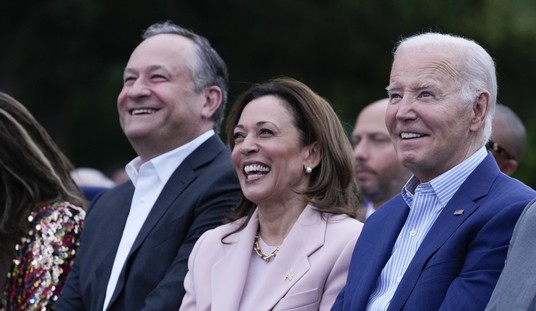The National Science Foundation has decided that spending over $130,000 to find out what kind of gender kids feel like is a good idea according to the Free Beacon.
The University of Washington received a two-year grant that will allow them to interview children aged four to six — as well as their parents — about their “internal sense of gender identity,” and what they consider “gendered activity.”
Hoping not to get identity answers from children such as “I’m a T-Rex,” or “Doc McStuffins,” the university is hoping to get to the bottom of whether or not gendered behavior actually is affected by the child’s social surroundings:
The project will involve asking 250, 4- to 6-year olds and their parents to complete a battery of measures assessing early and current gender socialization, children’s internal sense of gender identity, children’s gendered behavior (e.g., preferences for gender-typed toys) and measures of related gender cognition (e.g., memory for gender-consistent vs. inconsistent behaviors). These measures will allow the researchers to examine the relative contributions of internal gender identity and socialization and ultimately provide a more comprehensive theory accounting for early gender development.
The Free Beacon said the University of Washington got their grant in July, and will continue the project on through June 2019.
The project is being lead by Kristina Olson of the Trans Youth Project. According to some of her work, Olson has set out to prove that trans children do not suffer from gender dysphoria, and the typical effects of the sickness are not seen in children who are “socially accepted” as trans.
Olson’s study, however, has already been done before, and several times.
In 2016, City University London academics found that children as early as 9 months old, ranging all the way up to 32 months.
According to Live Science, in 2002 and 2008, studies were conducted on baby monkeys to see which gender preferred what kind of toy. As it so happened, the male monkeys wanted to play with wheeled vehicles, while the female monkeys wanted to play with dolls. The researchers deduced that the hormones the sexes are born with had a great effect on gendered behavior.
“The striking thing about the looking data shows that the attraction to these objects occurs very early in life, before it’s likely to have been socialized,” Kim Wallen, a psychologist at Emory University who studied the monkeys.
Live Science also reported that Gerianne Alexander, professor of psychology at Texas A&M University, found that babies as early as three months of age begin making eye contact with toys their genders prefer.
The study is unnecessary. Furthermore, the findings will be suspect given the leader’s obvious bias.














Join the conversation as a VIP Member